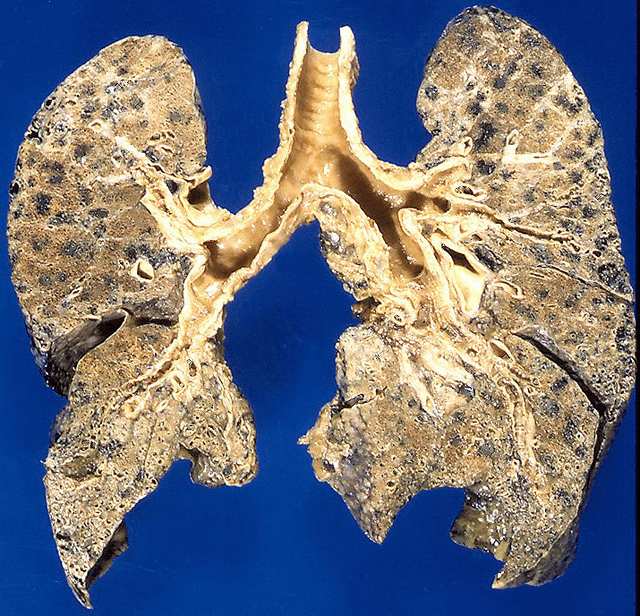Emphysema is a disease involving the damage of the alveoli, or air sacs, in the lungs, leading to shortness of breath. The main cause of emphysema is long term exposure to irritants like tobacco smoke, marijuana smoke, air pollution, and manufacturing fumes. People at higher risk of developing emphysema include smokers, people ages 40 to 60, and those exposed to secondhand smoke, fumes, dust, and pollution.
Image Source: Jim Zuckerman
Another possible risk factor comes from genetics. In a new study by researchers at the Johns Hopkins Kimmel Cancer Center, a mutation found in the telomerase reverse transcriptase (TERT) gene was shown to increase the risk of developing emphysema in smokers. The TERT gene plays a role in the repair of damaged chromosomes, which can impede the production of proteins necessary to the body. More specifically, it is responsible for the production of the enzyme telomerase, an enzyme that repairs telomeres, or protective “caps” at the end of chromosomes. Mutations in the TERT gene can lead to shortened telomeres.
Researchers found that out of fifty Johns Hopkins patients with shortened telomeres, thirty-nine were nonsmokers and eleven were smokers. None of the nonsmokers had emphysema, while seven of the eleven smokers did. Six of those seven were women, indicating that female smokers with the TERT mutation are at a higher risk of developing emphysema.
The study examined mutations in only two of the genes regulating telomerase; further research is needed to determine if other telomerase-related genes influence the risk of developing lung disease.
Feature Image Source: Emphysema, centrilobular by Yale Rosen










